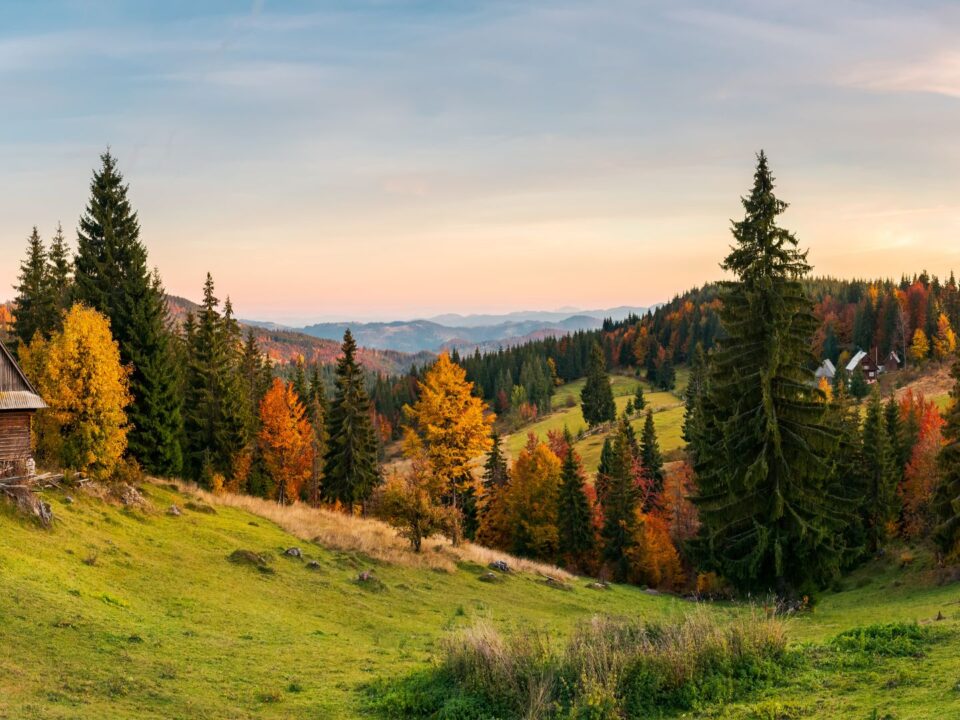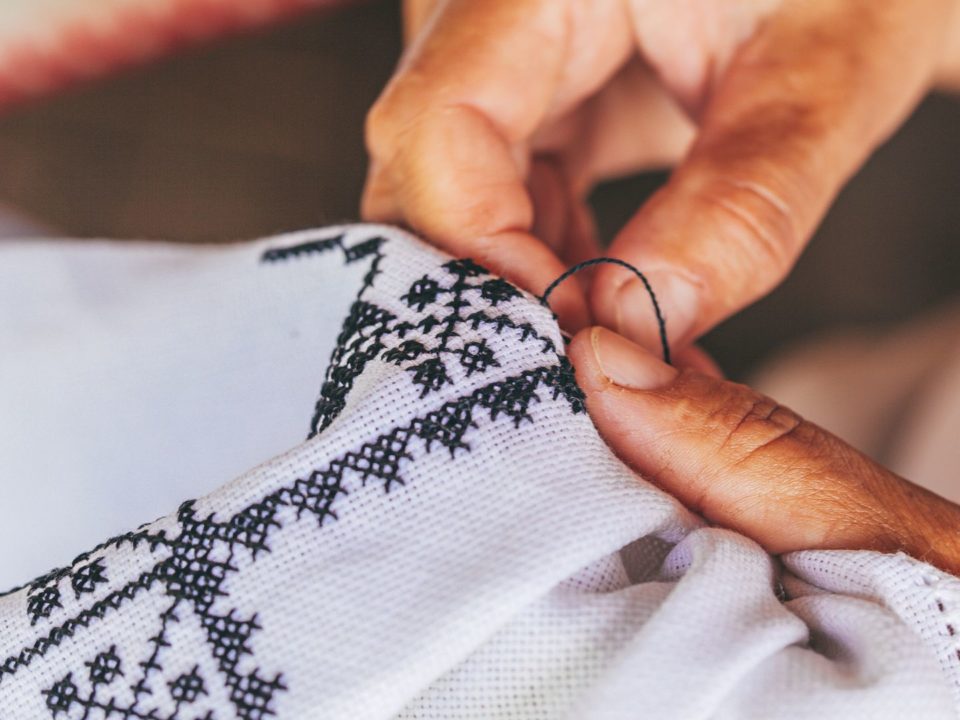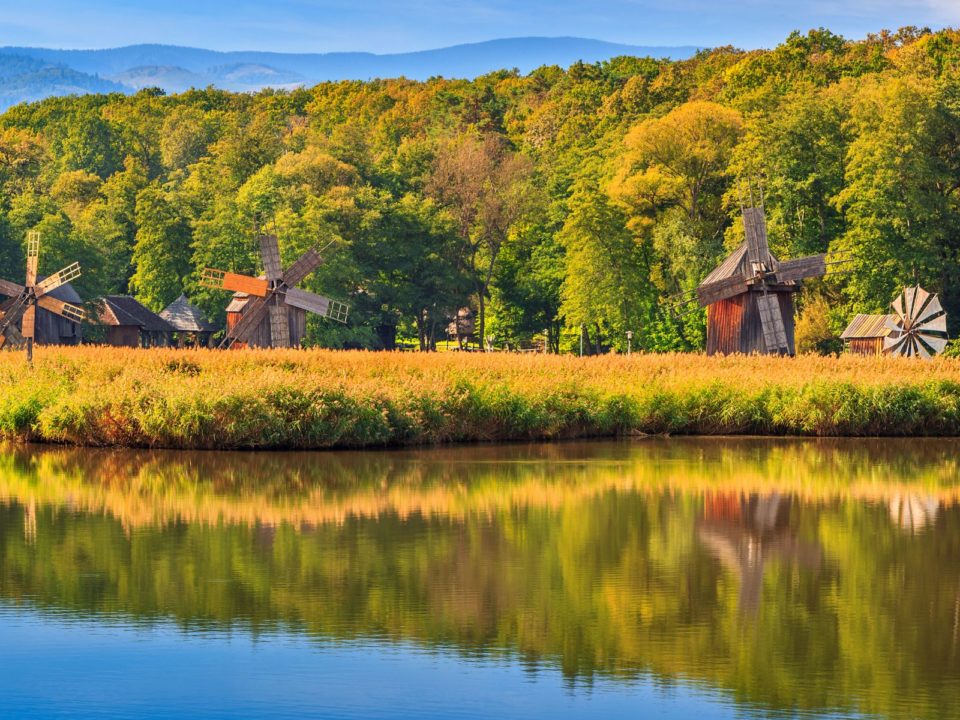Haute Couture Meets Transylvania: Andreea Diaconu’s Romanian Holiday for Wall Street Journal
August 29, 2016Small promises change worlds@PURE2016
September 23, 2016In a world where speed and technology is all we find around us, where the connection with the land beneath our feet seems to be more and more severed, many times making us look like walking zombies, there’s still someone who stands firm in his convictions and connection to the world around us: the Romanian peasant.
“Eternity was born in the village” says one of the most famous quotes by Romanian philosopher, poet, playwright and novelist, Lucian Blaga. In his poem “The Soul of the Village”, Blaga talks about the scenery of the Romanian village and its connection to the Romanian peasant, where “every thought is slower,/ and the heart throbs more slowly,/ as if it beats not in your breast/ but deep down somewhere in the earth”.
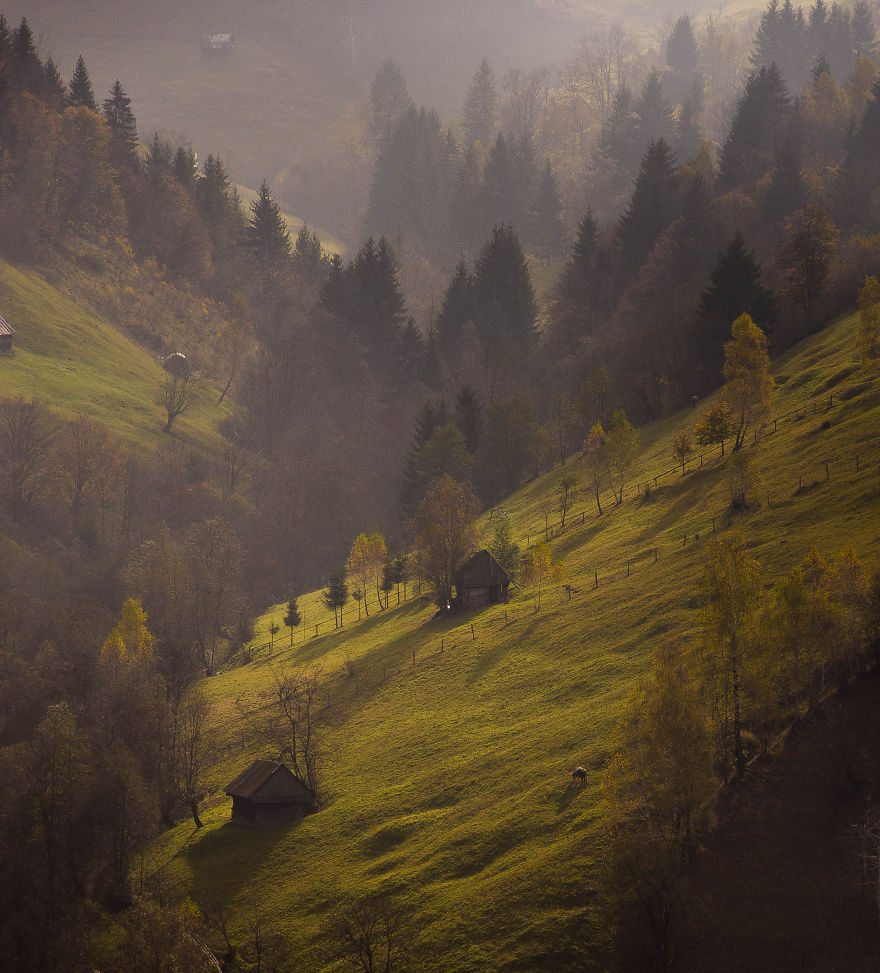
Source: Domino Harvey / BoredPanda.com
In Romania, the village is considered the heart and the soul of the country, the Romanian peasant combining simplicity in his way of living with kindness, keeping thus alive the moral and spiritual values that have been passed down from generation to generation, making him and his way of living a symbol of the link between Heaven and Earth. As priest Dumitru Stăniloaie – a great connoisseur of the Romanian soul -, used to say: “The biggest two passions of the Romanian peasant are the earth and faith (heavens)”.
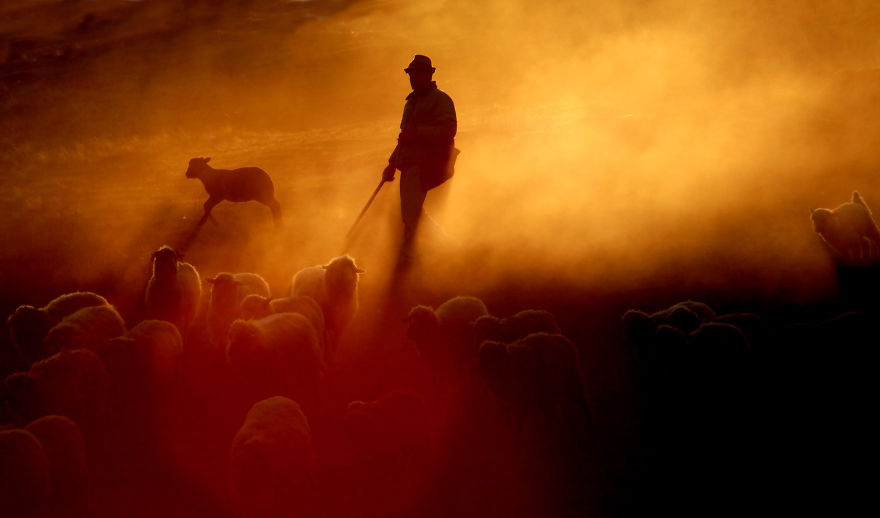
Source: Tudor Jelescu / Boredpanda.com
The understanding the Romanian peasant has over the world and the very land he stands on, is deeply grounded in his connection with the spiritual world, given that between these two worlds there is no breach: As above, so below; as it is on Heavens, so on Earth. The Romanian peasant lives his live in accordance to these two simple rules, and this is from where his soul stillness, his balance comes from. Ovidiu Papadima emphasizes that the Romanian peasant “considers God’s right both the earthly world, and the heavenly one. This is why he will never see them fighting, but harmonizing in a deep interpenetration”.
This culture the Romanian peasant has built still remains strong in Romania, like in no other parts of Europe. Here, the traditions along with the traditional craft and original customs, the music and folk costumes talk about an intense spirituality, that together with the rich history and landscapes to die for, gives Romania a unique, special and irreplaceable environment.
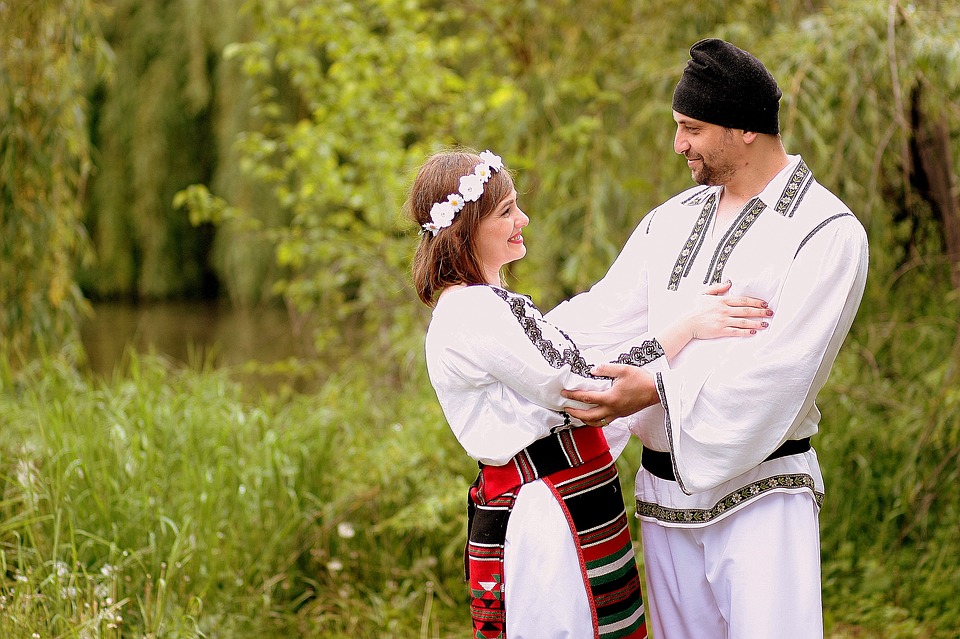
Source: Adina Voicu/Pixabay.com
The Romanian peasant considers, quoted by Ernest Bernea in a collections of sayings, that: “The world is as God left it; as it is, that’s how it holds itself, has a natural order, can’t you see?”. From here, we can see that he feels deeply about the natural order of things, and his role within it, as he is an observer of this order and tries his best to not meddle with it, but do his part in the process of harmonization.
That is why, the Romanian peasant never considered himself owner of the land he possessed, but saw it as a gift from God to work with, in order to keep the good living and natural order of things, a good that was to be used for him and his community, as he was taught that the owner of everything he has it’s not him, nor his neighbor, but God itself, this teaching making out of the Romanian peasant a person with a great sense of sharing and belonging, at the same time. Is this very connection with both the Heavens and the Earth that gave birth to the well-known hospitality of the Romanian people.
Sadly, nowadays, with the rapid development of technology and urbanization, this connection is at risk of being severed for good, as the Romanian peasant is forced to transition to a new status. It’s not the first time this has happened, as the same thing happened back when the Communist regime was installed.
The Romanian peasant was stripped away of his land and forcibly displaced to the city, where he would become nothing more than a “production unit”, the system thus severely rupturing the organic connection between the Romanian peasant and his land, turning him into something that he was not, something that was against his own natural self.
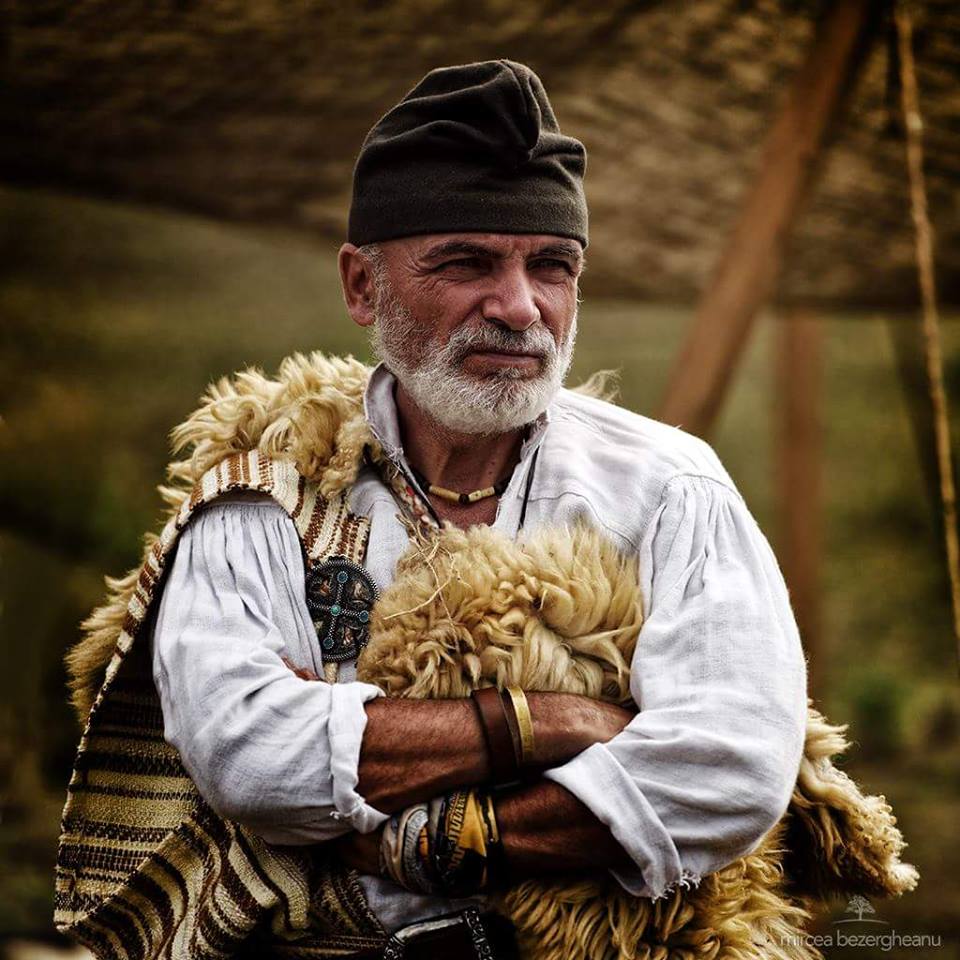
Source: Mircea Bezergheanu Photography
Although Communism has long fallen, the Romanian peasant’s status still remains the same: he is at great risk of losing that connection he had for millennia because the world nowadays is too preoccupied with speed and technology, something that stands in antithesis with the organic connection between the Romanian peasant, the Earth beneath his feet and the pace at which the natural order of things happens.
Is he a “species on the verge of extinction”, is his connection to Heaven and Earth going to be severed for good? That is something we cannot tell for certain, and all that remains for us is to witness how these changes that we’re undergoing nowadays, are going to take effect.
But what we can tell for sure is that, if his connection is severed, the symbol of the link between Heaven and Earth will disappear, and along with it, the harmony that for so many millennia he has fought to preserve.
by Chatte Georgiana

